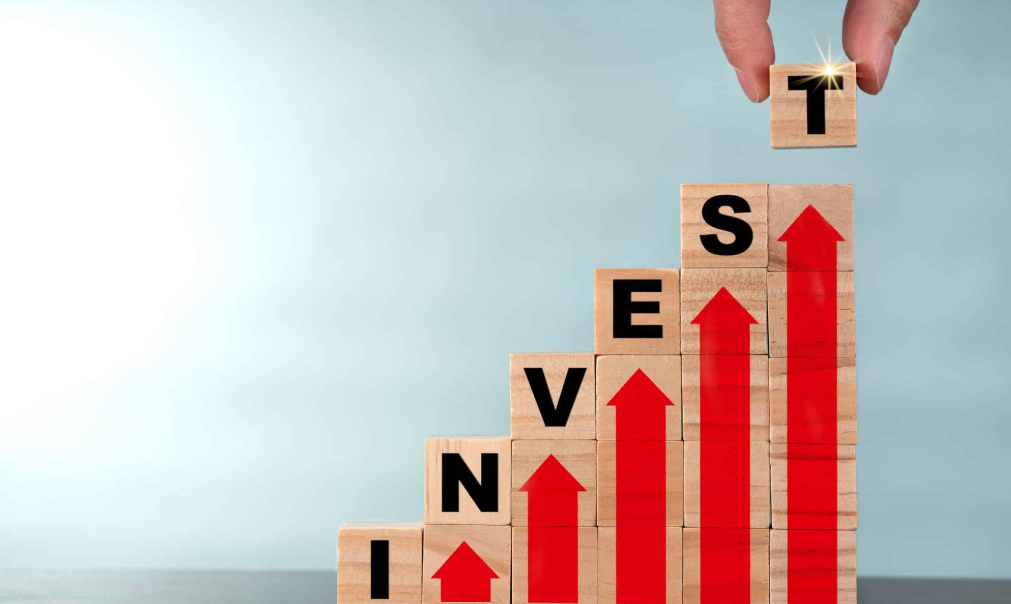Buying a home is often seen as the ultimate dream, an investment in your future. But beyond the excitement of finding that perfect place to hang your hat lies a world filled with hidden costs. These unexpected expenses can turn what seems like a straightforward purchase into a financial puzzle. As you navigate through residential mortgage options and work closely with your residential mortgage broker, it’s crucial to understand not just the price tag on the house itself but also all those extra fees lurking in the shadows.
It’s easy to focus solely on securing the best residential mortgage rates, but overlooking these additional costs could lead to some unwelcome surprises down the line. From down payments to maintenance and repairs, it pays to know what’s coming before you make that leap into homeownership.
Let’s dive deeper into these hidden costs so you can prepare yourself for this exciting journey ahead!
Down Payment
The down payment is often the first financial hurdle when buying a home. It’s typically a percentage of the home’s purchase price. Many buyers aim for 20%, but this isn’t always necessary.
A smaller down payment can make homeownership more accessible, especially for first-time buyers. However, putting less money down may mean higher residential mortgage interest rates or private mortgage insurance (PMI).
Understanding these implications is crucial. The larger your initial investment, the less you’ll owe overall. This can lead to savings on monthly payments and reduced long-term costs.
Choosing how much to put down requires careful consideration of your finances and future plans. Consulting with a trusted residential mortgage broker can help you navigate options and find strategies that align with your goals.
Planning ahead could steer you toward the best residential mortgage rates available while keeping hidden costs in mind as part of your budget strategy.
Closing Costs
Closing costs can catch many homebuyers off guard. These fees aren’t just a formality; they add up quickly.
Typically, closing costs range from 2% to 5% of the home’s purchase price. This means if you buy a $300,000 home, expect anywhere from $6,000 to $15,000 in additional expenses.
Lender fees are common components and might include origination charges or application processing. Don’t forget about title insurance and escrow fees; these protect your investment during the buying process.
Additionally, some states require transfer taxes when changing ownership. These can vary significantly depending on where you’re purchasing.
It’s essential to get an estimate upfront so you’re not blindsided at the closing table. A residential mortgage broker can help clarify what you’ll owe and assist with budgeting accordingly.
Knowing these details ahead of time will ease your mind as you make this significant investment in your future.
Homeowner’s Insurance
Homeowner’s insurance is a critical element of homeownership. It protects you from unexpected losses due to damage or theft.
When purchasing a home, many buyers overlook this expense. The cost can vary significantly based on location, property value, and coverage limits. It’s essential to shop around for the best residential mortgage rates that include these factors.
Some policies cover more than just the structure itself; they often protect personal belongings and liability claims as well. Understanding your needs will help tailor the policy effectively.
Don’t forget about deductibles—higher deductibles typically result in lower premiums but could lead to out-of-pocket expenses during a claim.
Additionally, some lenders may require proof of insurance before finalizing your residential mortgage agreement. This requirement adds another layer of financial planning for new homeowners navigating their budgets carefully amidst other costs like closing fees and maintenance expenses.
Property Taxes
When purchasing a home, many new homeowners overlook property taxes. This often leads to surprises that can strain finances.
Property taxes are usually assessed annually based on your home’s value. They vary significantly by location and can increase over time due to market trends or changes in local government funding needs.
Understanding the tax rate in your area is crucial. Some regions have higher rates, while others might offer exemptions for first-time buyers or specific demographics.
Budgeting for these costs helps ensure you’re not caught off guard when bills arrive. It’s wise to research before signing any documents with your residential mortgage broker.
Planning ahead allows room for adjustments should tax rates rise unexpectedly after you’ve settled into your new home. Knowing what expenses lie ahead keeps financial stress at bay as you enjoy this significant investment.
Maintenance and Repairs
Owning a home comes with the responsibility of upkeep. Maintenance and repairs can add up quickly, making it crucial to plan ahead.
Regular tasks such as cleaning gutters, servicing HVAC systems, or repainting walls are essential for longevity. Skipping these chores may lead to more significant issues down the line.
Consider setting aside a percentage of your monthly budget specifically for maintenance. This proactive approach helps mitigate unexpected costs that can arise from sudden leaks or appliance breakdowns.
It’s wise to keep an emergency fund as well. Homeownership often brings surprises that aren’t covered by warranties, so being prepared can save you from financial strain when something goes wrong.
Investing in preventive measures is key too; they often pay off in the long run by avoiding hefty repair bills later on. Each small effort contributes toward maintaining your home’s value over time.
Unexpected Expenses
Unexpected expenses can pop up at any time during homeownership. You might think you’ve planned for every cost, but surprises are often lurking just around the corner.
From sudden plumbing issues to roof repairs, these costs can significantly impact your budget. Even small fixes add up quickly, draining your finances when you least expect it.
Don’t forget about appliances that may break down after a few years of use. They often require immediate replacement or repair—another hit to your wallet.
Pest control is another area that frequently gets overlooked. Infestations can lead to costly treatments and repairs if not addressed promptly.
Having an emergency fund set aside specifically for these types of unexpected events is wise. This way, you won’t feel crushed by financial stress when life throws its curveballs your way.
How to Budget for Hidden Costs
Budgeting for hidden costs can feel daunting, but it’s vital for a smooth home-buying experience.
- Start by listing potential expenses beyond the purchase price. Think about down payments and closing costs first.
- Next, allocate funds for homeowner’s insurance and property taxes. These often catch new homeowners off guard, so include them in your financial plan early on.
- Consider setting aside a maintenance fund too. Homes require upkeep—unexpected repairs can drain savings quickly.
- Create a buffer for unforeseen issues as well. Life is unpredictable; having extra cash available will ease stress when surprises arise.
- Engaging with a residential mortgage broker could help identify these costs in detail while providing insights into best residential mortgage rates tailored to your situation.
- Revisit your budget regularly to adjust it based on actual spending and any emerging needs you discover along the way.
Conclusion
Buying a home is more than just the purchase price. It’s essential to understand the hidden costs that can add up quickly. From down payments and closing costs to ongoing expenses like homeowner’s insurance and property taxes, these financial responsibilities can strain your budget.
To navigate this complex landscape effectively, budgeting for hidden costs is crucial. Consider consulting with a residential mortgage broker or seeking advice from Money Maximising Advisors to help you make informed decisions regarding residential mortgage interest rates and service options.
By being aware of all potential costs associated with homeownership, you’ll be better equipped to achieve your dream without breaking the bank. Understanding what lies beyond the sticker price will pave the way for smarter financial choices in your journey toward owning a home.
Don’t let hidden costs surprise you – start maximizing your money with Money Maximising Advisors today!










